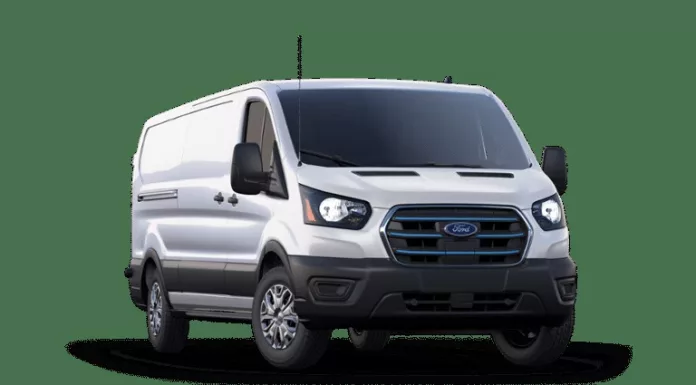Electric vehicle (EV) sales are on a rapid upswing and Ford is harnessing this electric momentum. Following a robust performance in February, they’re setting their sights on the all-electric E-Transit to power ahead. Meanwhile, curious minds are pondering the status of the F-150 Lightning.
Ford’s EV Journey: From Dazzling Debuts to Market Uncertainty
Once upon a time, Ford leveraged its legacy Mustang and F-150 emblems to stir excitement in its electric foray. The cityscape changed as the electric Mustang Mach-E SUV cruised into New York’s fleet, and the F-150 Lightning collected accolades from industry experts.
However, shadows crept in as last year’s reports signaled a cooldown in the U.S. EV market. After some analysis, the global narrative was rosier, boasting a 69% Year-over-Year sales jump in January. Despite these figures, Fortune reported a sudden sag in Ford’s EV figures for January 2024, attributing it to a tangle in tax credits and a slowdown in demand.
In contrast, February brought a burst of brightness, with an 80% surge in EV deliveries for Ford, highlighted by an impressive 93% jump for the F-150 Lightning and a 64% climb for the Mustang Mach-E.
Meet the E-Transit: Ford’s Electrified Van Loaded with Potential
The future of Ford’s electric fleet may no longer hinge on just two models. Enter the E-Transit, an all-electric variant of the Transit van—a stalwart of commercial transport since the ‘60s.
Though the Transit’s electric sibling initially played second fiddle to the media-friendly Mustang, Ford is positioning the E-Transit as a silent achiever. Coinciding with the Transit’s 10-year U.S. anniversary, Ford is riding on the van’s solid reputation to propel the E-Transit forward.
In a show of confidence, Ford celebrates over 1.2 million Transits built in a decade, with Tim Baughman of Ford Pro Division highlighting the van’s robustness and reliability. The E-Transit nests within this durable lineage, poised to become a versatile electric workhorse in America, Canada, and Europe.
For 2024, enhancements have been introduced to the E-Transit to boost its appeal, including an increased estimated range of 159 miles for low-roof cargo van models. This improvement caters to the often overlooked refrigerated delivery segment and longer-distance transportation needs.
Optimizing the Electric Range for Commercial Needs
The seeming modesty of a 159-mile range on the new E-Transit calls into question Ford’s strategic balancing act between range and affordability. Based on millions of miles of commercial van data, Ford determined that the average daily travel is a mere 74 miles. As such, a cost-effective battery offering sufficient range becomes more appealing in this sector.
Addressing fast-charging necessities, Ford deduces that commercial electric vehicles gravitate towards depot or home charging, rather than public stations. Consequently, the 2024 E-Transit has been engineered to charge fully overnight, a feature that aligns with the routines of commercial drivers.
Moreover, Ford innovates for at-home charging capabilities, unveiling an updated 48A charger tailored for drivers who charge their vehicles at their residences.
Targeting Government Fleets: The E-Transit’s Golden Ticket
While Ford isn’t alone in tapping the lucrative commercial van market to boost EV uptake, it has carved a niche for itself. Previously hinted by CleanTechnica, the USPS‘s massive fleet overhaul now features the E-Transit prominently, with an order of 9,250 vans in the pipeline, promising to electrify Ford’s sales figures for 2024. A pilot fleet leasing project with Canadian Driving Force further explores the E-Transit’s usefulness by incorporating a mix of Ford’s electric vehicles.
Ford’s VA with its E-Transit launch could signify yet another gear shift in the automotive industry’s EV transition, demonstrating the brand’s commitment to innovation and sustainable transportation solutions. As this electric journey continues, the promise of further developments and increased adoption lies on the horizon.


























